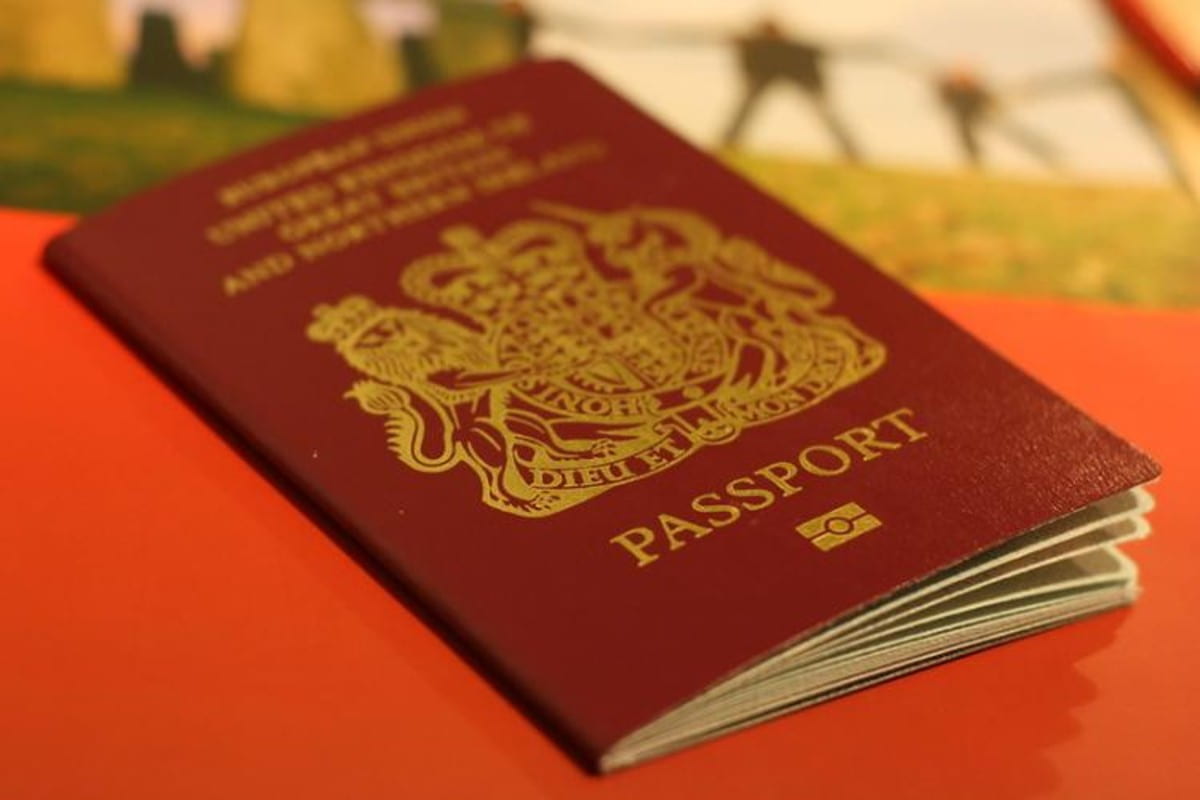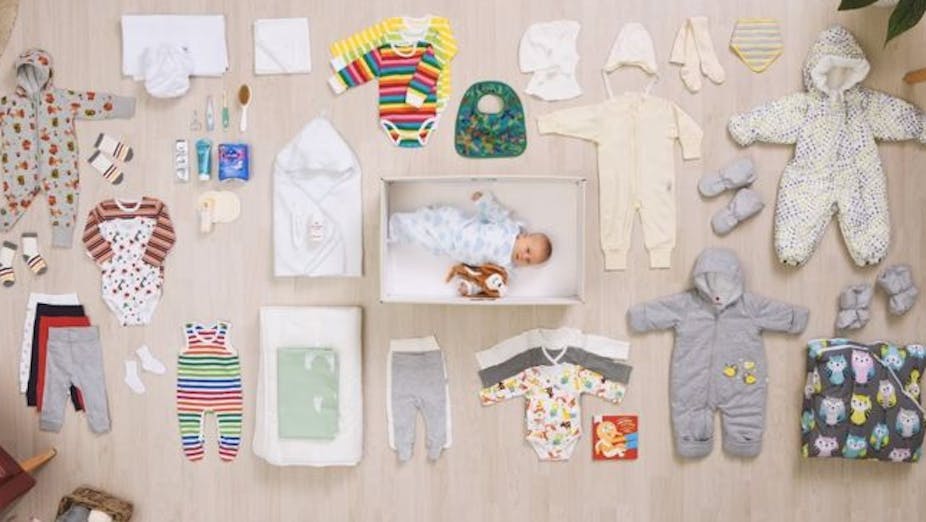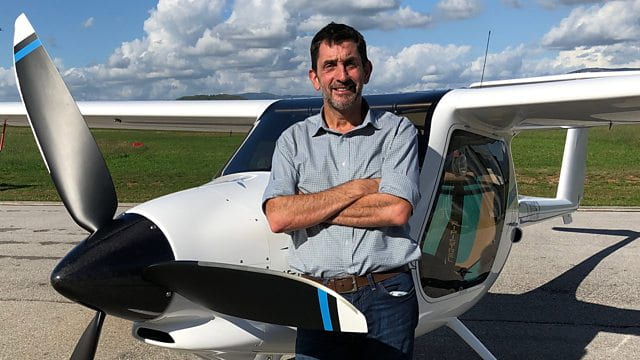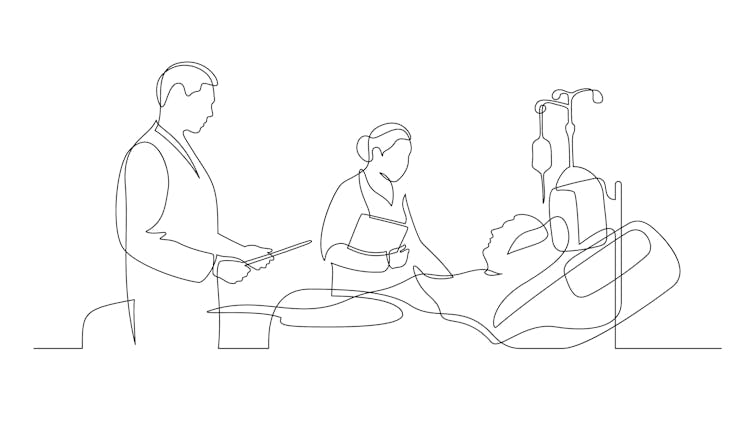The article was originally published in the Border Criminologies Blog at the University of Oxford. This guest post, written by Katherine Tonkiss, Agnes Czajka, Tendayi Bloom, Eleni Andreouli, Devyani Prabhat, Cynthia Orchard, Nira Yuval-Davis, Kelly Staples and Georgie Wemyss,* considers the future of citizenship policy in the UK in response to a recent inquiry into citizenship policy in the UK.

As the Windrush scandal has shown, when a person is unable to show evidence of their citizenship, the results can be devastating. In August 2019, the think tank British Future launched an independent inquiry into UK citizenship policy, chaired by Alberto Costa MP, inviting experts to submit evidence. In response, one group of academics and NGOs came together to map an agenda for citizenship policy in the UK. This blog summarises some of their recommendations. Continue reading



 The baby box in Finland is embedded as part of the maternity system.
The baby box in Finland is embedded as part of the maternity system. ![[IMAGE: Caption text|/resources/images/blank.png] [IMAGE: Caption text|/resources/images/blank.png]](https://www.upen.ac.uk/nl_uploads/89.png)






